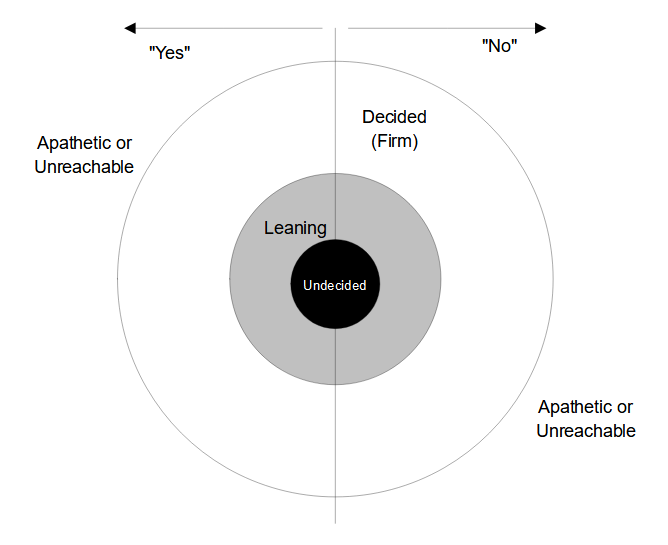 Motivational speakers do nothing for me—and most people, for very long. I have met people who say one of these well-intended folks changed their lives, but the research on learning suggests those are rare. More typically, the impact is to make people feel good for a short period, and at best create a very short-term change in behavior before old habits reassert themselves.
Motivational speakers do nothing for me—and most people, for very long. I have met people who say one of these well-intended folks changed their lives, but the research on learning suggests those are rare. More typically, the impact is to make people feel good for a short period, and at best create a very short-term change in behavior before old habits reassert themselves.
Recently I attended an event to network that featured a motivational speaker regarding sales. The speaker was excellent, but as I told him later, he said the same stuff I’ve been hearing from motivational speakers for 30 years. He didn’t disagree, and I was glad he was doing it anyway, because there’s always the chance the crowd will include the rare person who actually changes!
In fact, I had a revelation, but not the one he was expecting. Like every sales speaker I’ve heard, his message came from the perspective of an extrovert. But in any group, as I said during the Q&A, the standard distribution curve indicates a third of folks in the room would classify as introverts. Was there any sales advice he could “give that would be comfortable for introverts?” A wave of positive responses swept the room from other introverts, and I got many compliments or thanks from them afterward.
His answer effectively was, no. “I don’t know anyone who has succeeded without getting out of their comfort zone,” he said. This is, of course, the standard answer.
But where is the evidence for that? Dominant extroverts are over-represented on top leadership teams. They are acting well within their comfort zones. At the other extreme, I once met the best salesperson in a technical equipment company. He confirmed he was a shy introvert (not all introverts are shy, me being an example). He succeeded by focusing on relationship building, one on one. He succeeded while staying within his comfort zone.
This led me to think about this:

My master’s thesis was on persuasion, and I use this target when presenting on the topic. Here’s the video version, but what it refers to is the large percentage of people you can ignore when crafting a persuasive message. People outside the circles never hear your message or don’t care about the topic. Those inside the outer circle have hardened positions for or against—nothing you say will change their minds. So focus on the “Leaners” in the middle circle, shoring up support or trying to poach those leaning the other way, and the “Undecideds” in the center.
I realized I have been missing something. When you manage to persuade someone to behave differently, you’re not pulling them “out of their comfort zone.” You’re making it comfortable for them to behave that way. That is, you have to expand their comfort zone to include the new habit.
This realization brought together a flood of research-supported concepts and upshots for each (in italics):
- That target. Leaners and Undecideds are semi-comfortable with your idea; you just have to add more comfort so it is within their zones.
- The consistent research finding that behavior in a given moment is driven primarily by environment and situation, not personality. To change someone’s behavior, change the environment or situation such that the new behavior is more comfortable than the old habit.
- The brain automatically rejects messages that violates one’s core beliefs. Show how the new behavior relates to a different core belief than the one likely to cause rejection, so the behavior becomes more comfortable.
- We all have to do stuff every day that we don’t want to do. That’s not the same thing as “stepping out of your comfort zone.”
The full implications of this are still unfolding for me. But the first lesson is, if you want to change your own behaviors, stop thinking of it as doing something uncomfortable. Instead:
- Identify parts of the change you are comfortable with.
- Make the change more comfortable by finding a way to change the setting or situation.
- Think about what personal values are causing a negative reaction, and focus your thinking on other values that align with the new behavior.
I used #3 yesterday to get myself to make a sales call, focusing on my personal value of “helping others” instead of my value of “not bothering people.” The prospect was receptive, and we arranged a callback in a few weeks!
